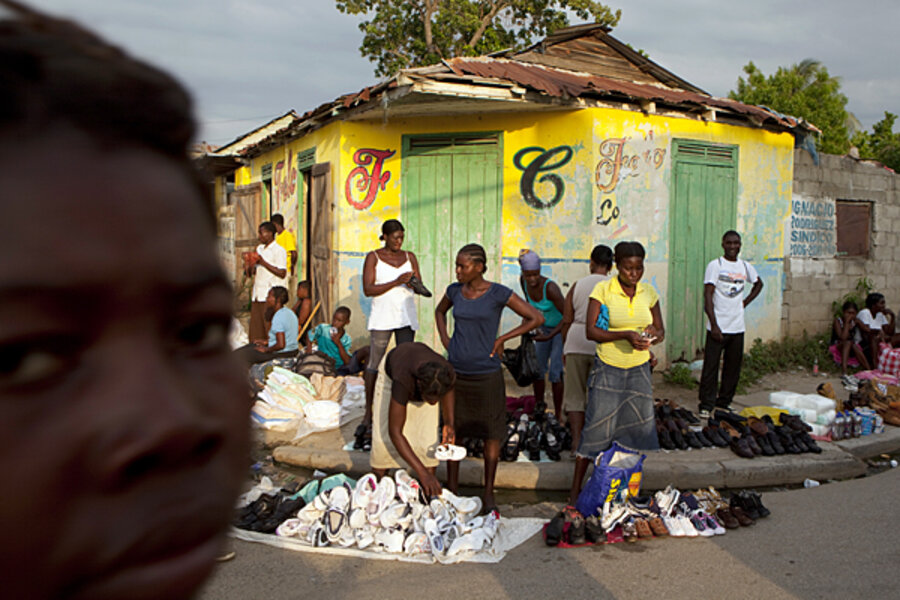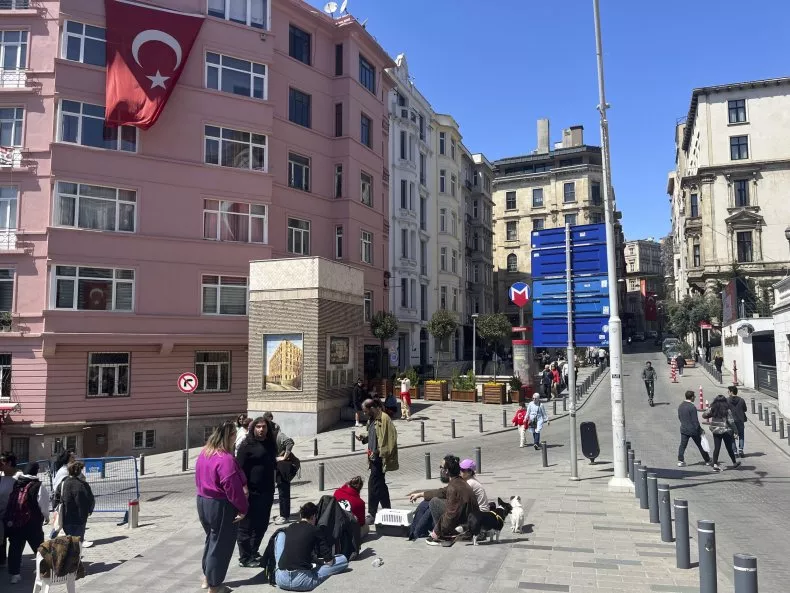India Strikes Back: Diplomatic Fallout After Kashmir Massacre

In the wake of a deadly attack that claimed the lives of 26 people in Indian-administered Kashmir, India has imposed a series of retaliatory measures against Pakistan. The assault, which occurred in the scenic town of Pahalgam, involved gunmen opening fire on a group of tourists. India responded by closing its main border crossing with Pakistan, suspending a longstanding water-sharing agreement, and expelling several Pakistani diplomats. Additionally, visas held by some Pakistani nationals were revoked, with those affected ordered to exit the country within 48 hours.
The attack, described as one of the most devastating in recent years in Kashmir, has reignited long-standing tensions between the two nuclear-armed neighbors. Indian officials have placed blame on a militant group known as the Kashmir Resistance, although independent verification is still pending. Authorities launched an intense manhunt for the attackers, as Indian security agencies indicated that Pakistan bears indirect responsibility for harboring groups linked to cross-border terrorism — a claim Islamabad denies.
India’s outrage has been accompanied by strong diplomatic steps. Pakistani military personnel stationed at their embassy in Delhi were ordered to depart immediately, with further diplomatic expulsions anticipated in the days to come. India's government emphasized it would pursue not only the attackers but also those who orchestrated the violence from behind the scenes. Defence Minister Rajnath Singh declared that India's retaliation would extend to the masterminds of the plot, signaling a broader crackdown.
On Pakistan’s side, the response was more measured. The National Security Council was scheduled to convene in light of the events, while the foreign ministry expressed sorrow over the loss of life and conveyed condolences. Nonetheless, Pakistan continued to deny any involvement in the attack or support for terrorism across the border. The two nations have a history of mutual accusations over insurgent activity in Kashmir, a region marred by decades of conflict and unrest.
International leaders have joined India in condemning the incident, which has drawn widespread mourning across the country. Eyewitnesses at the scene described horrifying moments of panic and bloodshed as families scrambled for safety. While some survivors suggested that non-Muslims may have been the primary targets, others believed the attack appeared indiscriminate. Among the dead were mostly Hindu men, though at least one local Muslim was also killed.
Despite the religious makeup of the victims, Indian authorities have not issued any official statement regarding whether the attack was motivated by sectarianism. The ambiguity has added to the atmosphere of fear and speculation, as the nation grapples with the aftermath. The government’s focus, however, remains firmly on holding the perpetrators accountable and reinforcing national security in sensitive regions.
The fallout from the Pahalgam tragedy threatens to further strain India-Pakistan relations, which have frequently teetered on the edge due to issues surrounding Kashmir. As diplomatic ties grow colder and security measures tighten, the possibility of deeper conflict looms, raising concerns both regionally and globally. India’s pledge to pursue justice “unrelentingly” underscores the seriousness with which it views the incident and its broader implications for regional stability.
What's Your Reaction?














:format(webp)/cdn.vox-cdn.com/uploads/chorus_image/image/70136881/1347078605.0.jpg)







